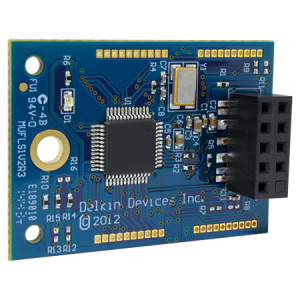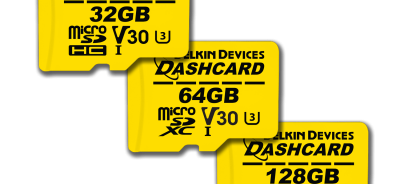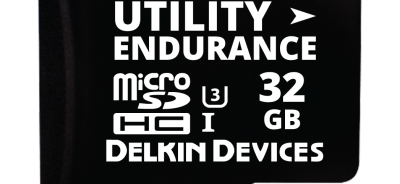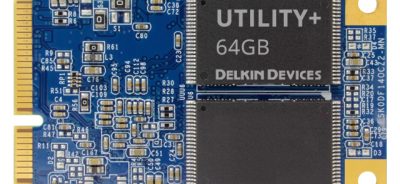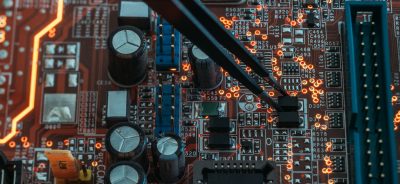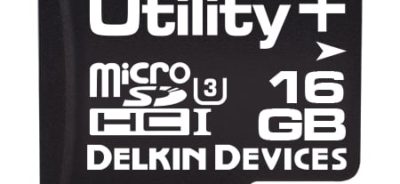FAQs about USB Embedded Systems
When most people think of USBs, they think of the familiar external flash drives. These are easily portable and can be carried from one system to another, plugging into the interface of the host system through an external hub. This kind of data storage is extremely popular because it is so widely compatible and provides such a convenient method of transferring data from system to system. However, USB storage doesn’t have to be external. USB embedded technology combines the broad functionality of USB storage with the advantages of having an integrated, embedded storage solution. Industrial users in particular appreciate the advantages of USB embedded systems and their reliability. Often, designers and OEMs have questions about embedded USB—or eUSB—because they are more accustomed to thinking of USB in terms of external flash drives. Here are the answers to some of the questions that we hear most often.
What is the difference between external USBs and eUSBs?
Essentially, the difference between these two forms of USB storage is that one is portable and external, while the other is embedded in the host system. Both forms of USB offer high speeds and reliable storage in a small device with low power demands. The reason that people choose embedded over external USBs is because they want the functionality of a USB with the stability that comes from having it embedded in the host device. This makes the storage more secure, especially in rugged operating conditions.
What are the advantages of eUSB storage?
There are several advantages of eUSB storage, especially for industrial users. Industrial applications need storage to be unfailingly reliable, even in rugged operating conditions with extreme temperatures and high levels of shock and vibration. Embedded USB storage can meet these needs. eUSB storage also offers great performance, including fast sequential and random access, which makes eUSBs useful as boot drives.
eUSBs incorporate advanced features to keep data safe and secure, including SMART and wear leveling algorithms. They are also small in size, so they are ideal for applications in which space is at a premium. They have low power consumption, which is critical for industrial applications. In addition, industrial grade eUSBs feature SLC NAND flash technology, which makes them extremely reliable, even in environments with temperature extremes and other demanding conditions.
If you’re considering making USB embedded systems part of your host design, contact Delkin for assistance. Our team is ready to answer your questions about rugged embedded storage solutions for industrial applications.
ORDER DELKIN INDUSTRIAL FLASH STORAGE TODAY through our distribution partner Newark.
Contact
 Login
Login Register
Register


